Future Scope & Benefits for Diploma in Agriculture Course
Agriculture is a fundamental sector that sustains human life by providing food, fiber, and various other resources. As the world's population continues to grow, the demand for agricultural products is escalating, leading to a need for skilled professionals in this field. A
Diploma in Agriculture is an excellent choice for individuals aspiring to contribute to the agricultural sector and its sustainable development. This diploma equips students with the knowledge and skills required for efficient agricultural practices and opens up numerous opportunities in the agricultural industry. In this article, we will discuss the future scope and benefits of pursuing a Diploma in Agriculture.
Future Scope of Diploma in Agriculture:
1. Employment Opportunities:
A Diploma in Agriculture opens doors to a multitude of job opportunities in both public and private sectors. Graduates can work as Agricultural Officers, Farm Managers, Extension Officers, Agricultural Technicians, Crop Inspectors, Horticulturists, Animal Husbandry Experts, and more. The agriculture sector is diverse, providing roles in various domains such as crop production, livestock management, agribusiness, agricultural research, and sustainable farming practices.
2. Entrepreneurial Ventures:
With the increasing focus on sustainable and organic farming, there is a growing demand for agricultural entrepreneurs. Diploma holders can start their own farms, nurseries, or agribusiness ventures. They can specialize in organic farming, poultry farming, floriculture, agro-tourism, and value-added product manufacturing. Government schemes and subsidies further encourage young entrepreneurs to venture into agriculture.
3. Research and Development:
Agriculture is a constantly evolving field with new technologies and practices emerging to meet the challenges of a changing climate and growing population. A Diploma in Agriculture provides a strong foundation for pursuing further studies and research in agriculture. Students can opt for advanced degrees like Bachelor's and Master's in Agriculture, leading to research and development roles in the agricultural sector.
4. Government Jobs:
Many government departments and organizations offer employment opportunities for diploma holders in agriculture. These include state agriculture departments, agricultural development boards, rural development agencies, and research institutes. Positions such as Agricultural Officer, Extension Officer, Village Development Officer, and Assistant Horticulture Officer are accessible with a diploma qualification.
5. International Opportunities:
Agriculture being a universal need, skilled agricultural professionals are in demand worldwide. Diplomates can explore international job opportunities, research collaborations, or even contribute to agricultural development projects in various countries. Understanding global agricultural practices and technologies enhances their marketability on an international scale.
6. Consultancy and Advisory Services:
Diploma holders can work as agricultural consultants, providing advice to farmers, agribusinesses, and organizations. They can guide on best farming practices, pest management, optimal resource utilization, and market trends. Consultancy services can be a rewarding career path as they play a crucial role in improving agricultural productivity and profitability.
7. Skill Enhancement and Specialization:
The diploma program often allows specialization in areas such as crop management, animal husbandry, horticulture, or agricultural engineering. Specialization enhances the expertise of graduates, making them more competitive and specialized in their chosen field.
Benefits of Pursuing a Diploma in Agriculture:
1. Practical Learning:
Diploma programs in agriculture often emphasize hands-on training, exposing students to practical applications of theoretical knowledge. This ensures that graduates are ready to work in real-world agricultural settings, understanding the nuances of farming and management.
2. Short Duration and Affordability:
A diploma typically takes a shorter time to complete compared to a full-fledged degree. This means students can enter the workforce earlier and start gaining practical experience. Moreover, diplomas are often more affordable than degree programs, making education accessible to a broader spectrum of individuals.
3. Versatility and Flexibility:
The diverse curriculum of a Diploma in Agriculture offers students exposure to various aspects of agriculture, enabling them to choose a specialization that aligns with their interests and career goals. This versatility enhances their career options and adaptability in the ever-evolving agricultural industry.
4. Job Security and Stability:
Agriculture is a vital sector, and professionals in this field are in constant demand. The stability of the agriculture industry ensures a secure job environment, reducing concerns about job instability and providing a sense of long-term career security.
5. Contributing to Sustainable Development:
With the increasing awareness of sustainable farming practices and environmental conservation, individuals in the agricultural sector play a crucial role in promoting sustainable development. Diploma holders can actively contribute to eco-friendly farming methods and sustainable agricultural practices, addressing global challenges related to climate change and food security.
6. Community Impact and Social Contribution:
Agriculture is deeply tied to communities and societies. By working in this field, diploma holders can contribute to the welfare and development of rural communities. They can educate farmers, improve agricultural productivity, and participate in community development initiatives, positively impacting society at large.
7. Global Food Security and Feeding the Population:
As the world population continues to grow, the demand for food increases. Professionals in agriculture play a crucial role in ensuring global food security. Diploma holders can contribute to feeding the population by implementing efficient farming practices and innovative technologies to increase agricultural productivity.
 2 Years
2 Years
 Diploma
Diploma
 Agriculture
Agriculture

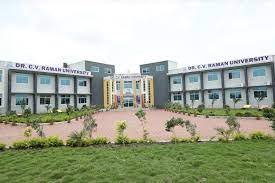
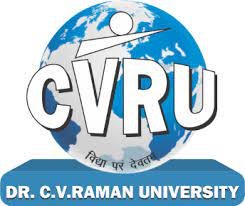
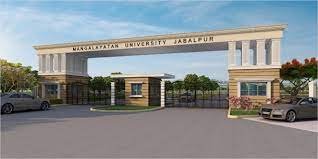
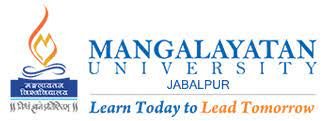
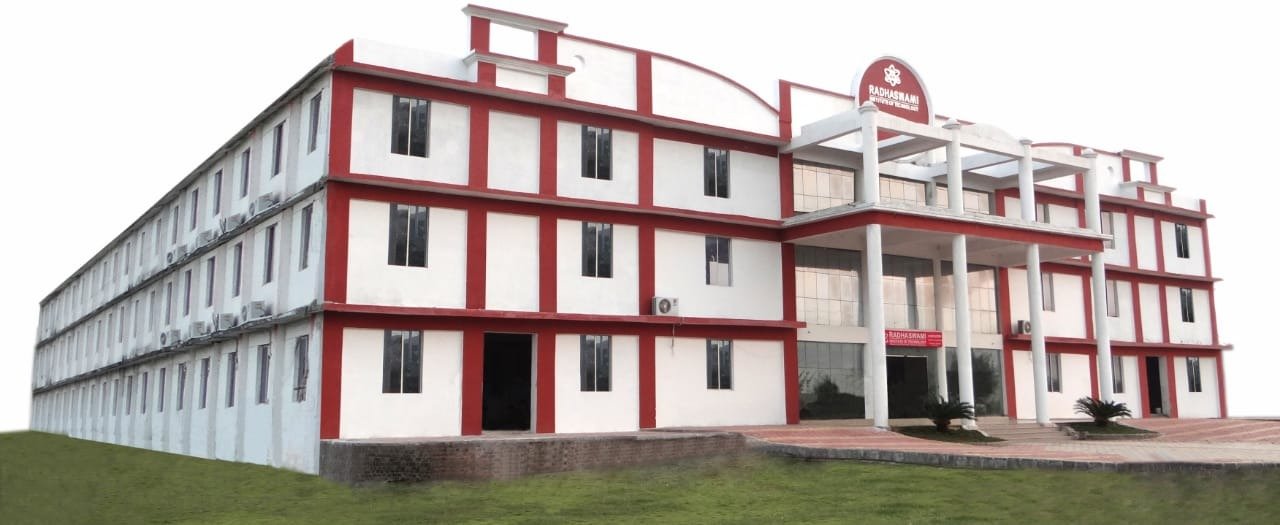

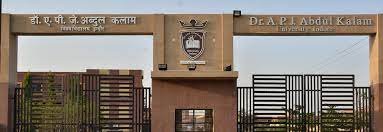
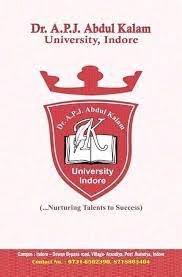
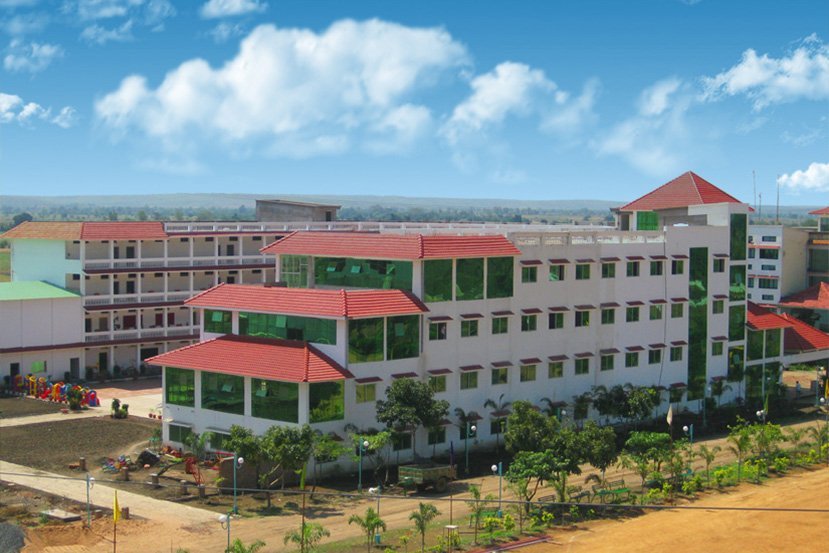
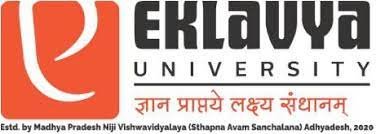
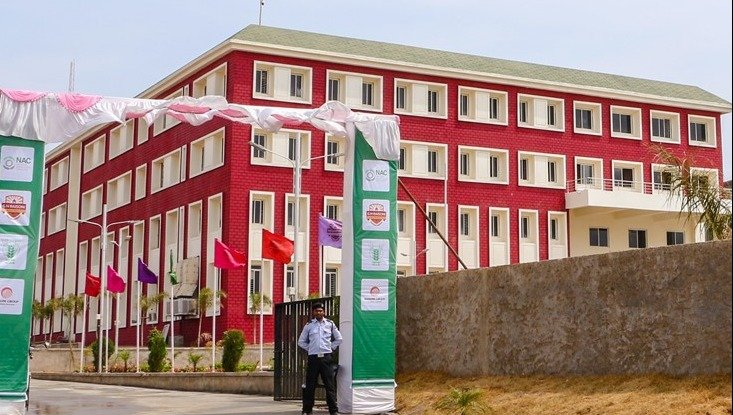

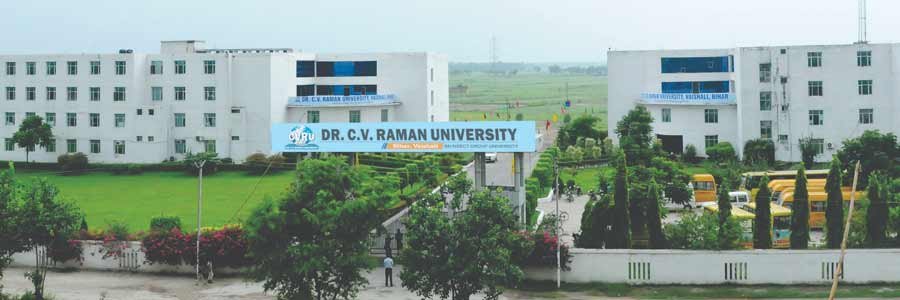
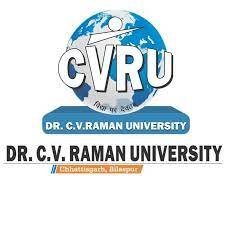

 back
back

